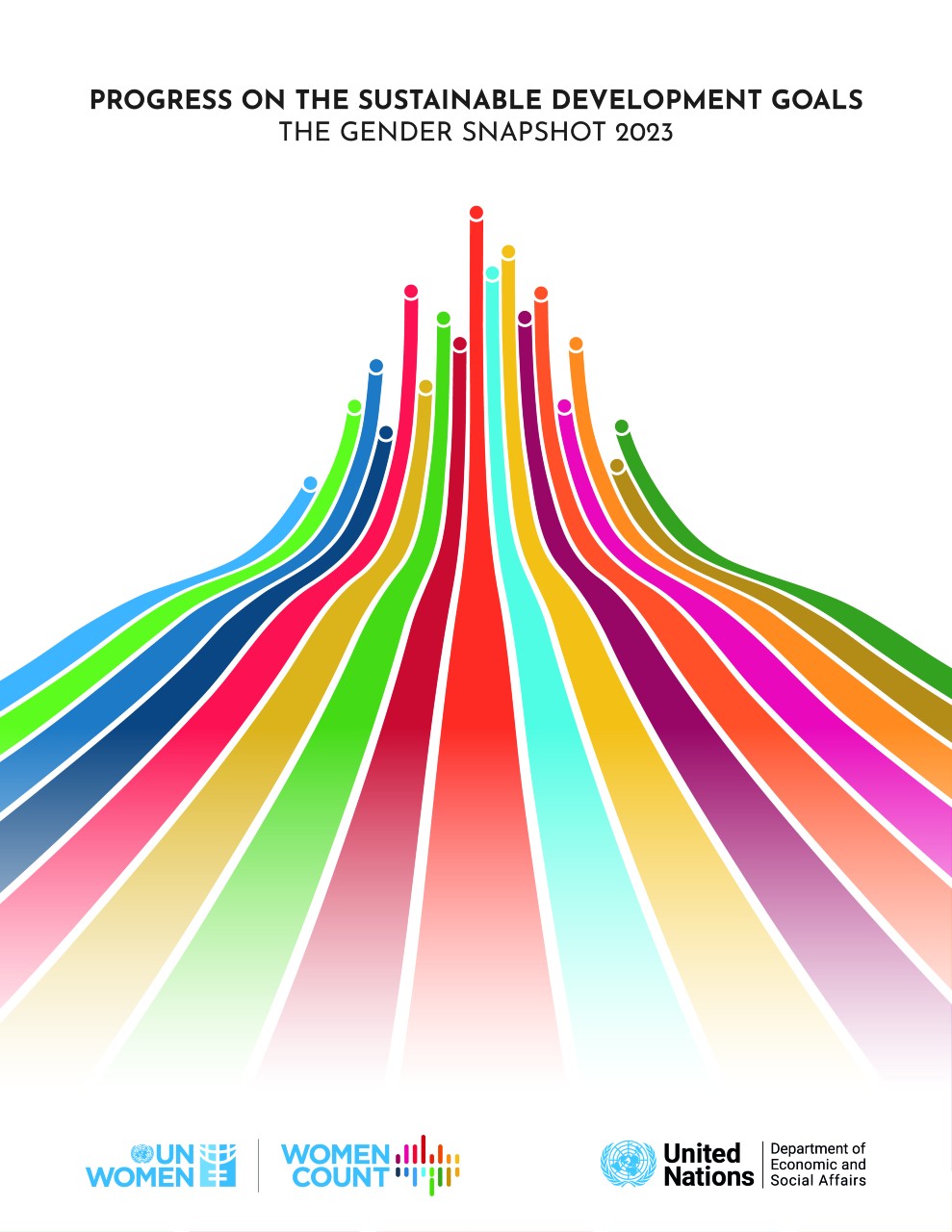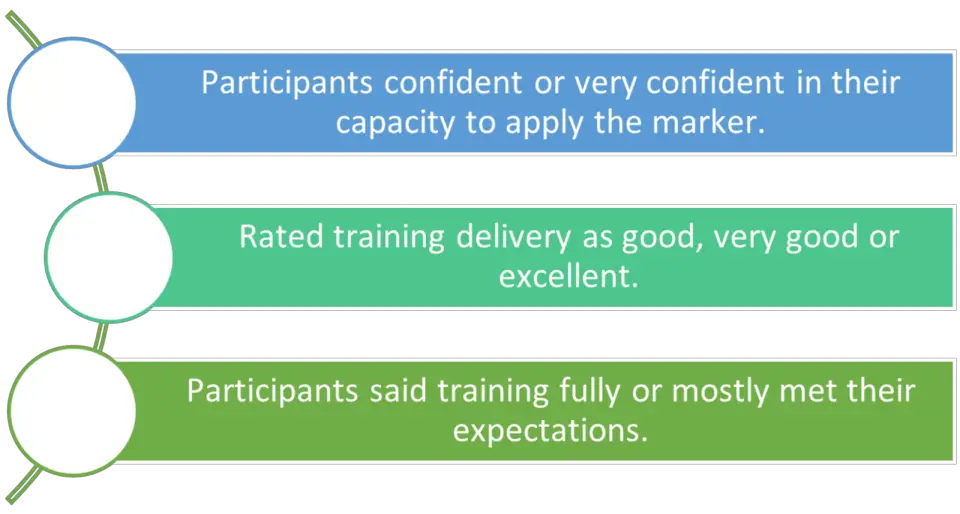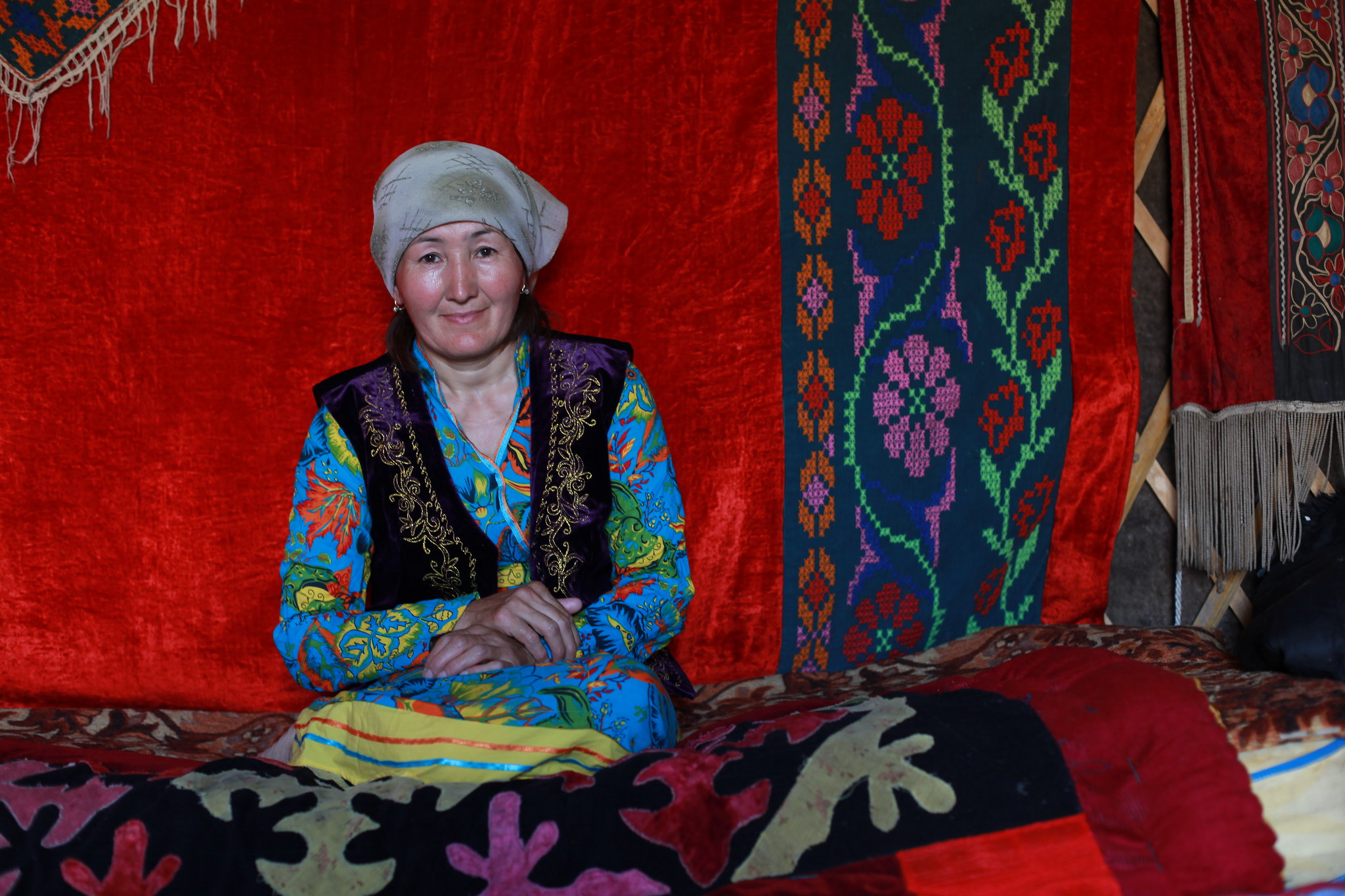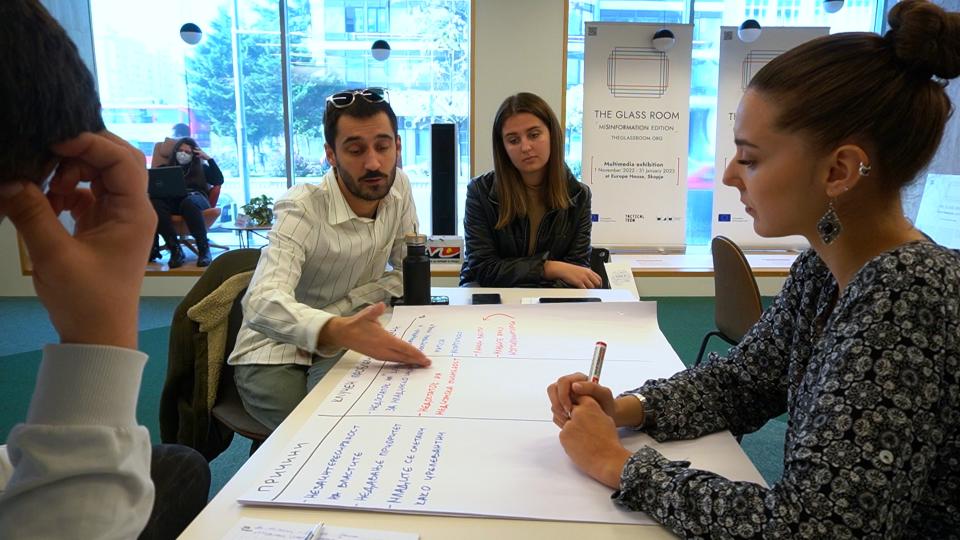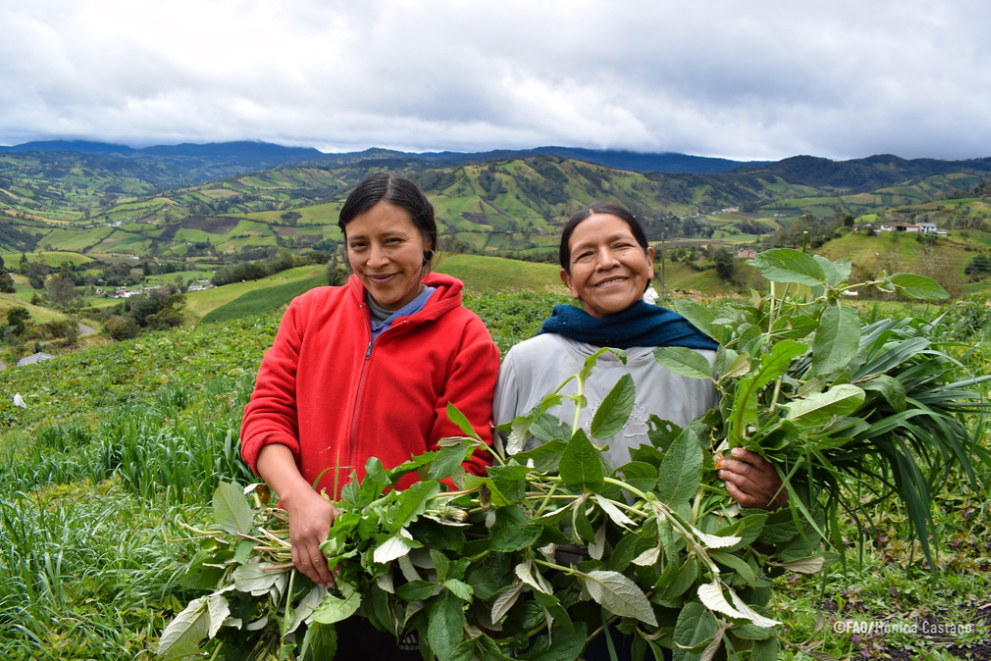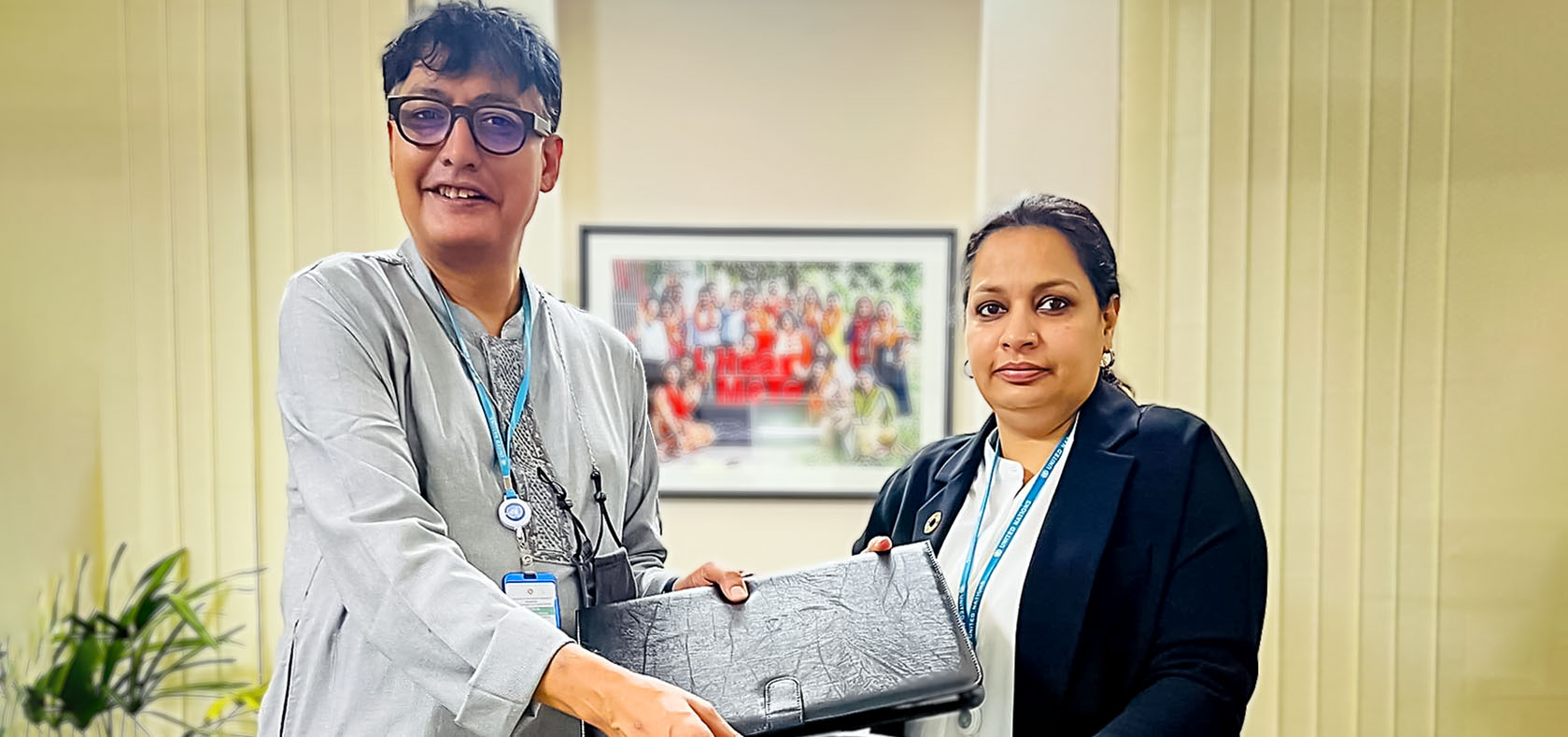
- 2022
- 2023
- 2024
Outcome 7: UN system coordination for gender equality
The UN system coherently and systematically contributes to progress on gender equality and the empowerment of women and girls.
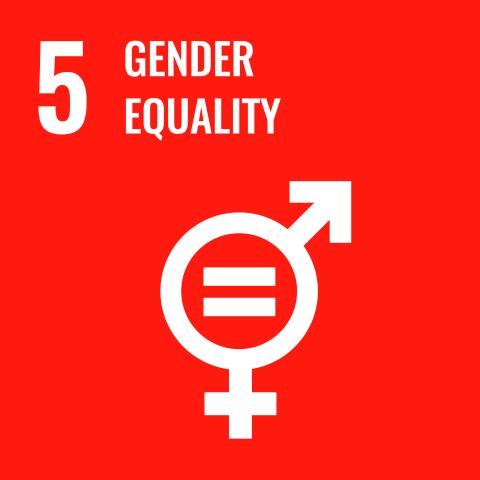
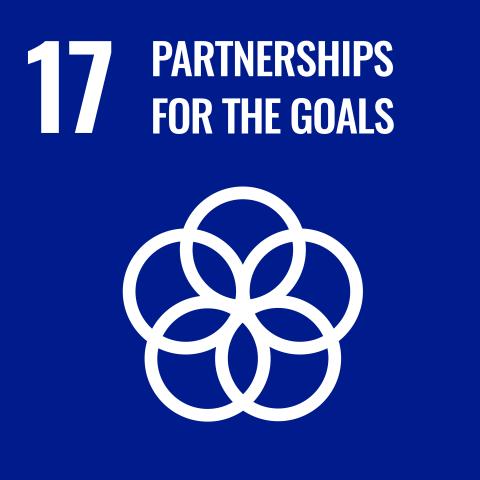
Key achievements
that developed Cooperation Frameworks in 2023 prioritized gender equality (72 per cent in 2022) with UN Women’s support
(73 in 2022) reported on the System-wide Action Plan (UN-SWAP 2.0)
reported on the UNCT-SWAP (76 in 2022) on their gender mainstreaming performance
Financial flows (expenses) in 2023 towards impact areas and systemic outcomes
Find out where UN Women's resources come from, where they go and how they are changing the lives of women and girls.
come from Recipient regions Where resources go Impact areas What resources are
spent on Systemic outcomes Which results are
delivered
Outcome indicators in 2023
Complementary indicators are identified as those in the results framework that are not repeated verbatim in the results framework of another United Nations entity, but are related or provide different but complementary lenses or insights into the same issue, high-level result and/or area of complementary work, such as a Sustainable Development Goal target.
Complementary

Common indicators are those that appear verbatim the same in at least two entities' results frameworks and are drawn, where possible, directly from other globally agreed frameworks.
Common

Output indicators in 2023
https://gendercoordinationandmainstreaming.unwomen.org/building-block/gender-equality-marker#navigation-content-3
https://gendercoordinationandmainstreaming.unwomen.org/building-block/gender-equality-marker
No milestones or targets are currently set, in line with discussions with DCO and DESA in the context of the corresponding QCPR indicator.
Complementary indicators are identified as those in the results framework that are not repeated verbatim in the results framework of another United Nations entity, but are related or provide different but complementary lenses or insights into the same issue, high-level result and/or area of complementary work, such as a Sustainable Development Goal target.
Complementary

Disclaimer and notes
References to Kosovo shall be understood to be in the context of United Nations Security Council resolution 1244 (1999).
